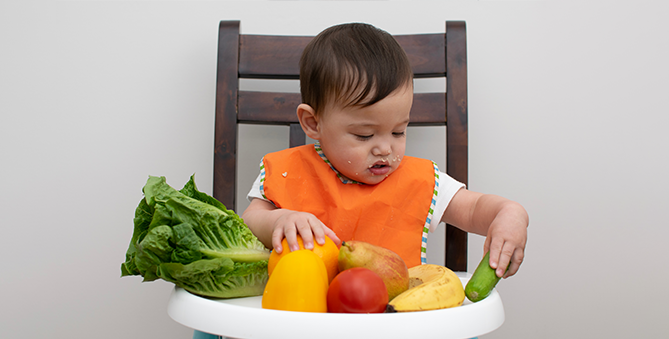Colic is the term used for when your infant cries unreasonably and can’t be relieved. All infants cry, obviously. Yet, crying is excessive when it happens more than three hours per day and happens over three days per week. Such crying is additionally called persistent crying, or problematic crying. Now handling a colicky child is easy at home
Whatever you call it, excessive crying can be upsetting. Attempting to comfort a miserable infant over numerous hours is still difficult work. Now and again you may feel helpless. It could be sufficient to drive you to tears of your own. In any case, you’re not doing anything wrong and your infant generally won’t be crying for any genuine reason. Colic can be especially baffling for parents because the infant’s misery happens for no obvious explanation and no amount of comforting appears to bring any help. These scenes regularly happen at night when parents themselves are tired.
WHAT CAUSES COLIC?
Sadly, there is no clarification for why this occurs. Regularly, colic implies essentially that the infant is strangely touchy to stimulation or can’t “self-reassure” or control his sensory system. As the kid grows, this failure to self-comfort—characterized by incessant crying—will improve. For the most part this “colicky crying” will stop by three to four months, yet it can go on until the baby is six months old.
SYMPTOMS OF COLIC MAY INCORPORATE THE FOLLOWING SIGNS:
- Intense crying that may appear to be similar to shouting
- Crying for no obvious explanation, in contrast to crying to communicate hunger or the requirement for a diaper change
- Extremely prickly or irritable even in the after crying has reduced
- Predictable crying, with episodes frequently happening at night
- Facial staining, for example, face becoming red or paler skin around the mouth
- Bodily pressure, for example, pulled up or solidified legs, hardened arms, held clench hands, angled back, or tense midsection
HOW TO SOOTHE A COLICKY CHILD AT HOME ?
At times it may feel like there are no ways to stop your infant from crying but there are ways to bring the situation in control:
- First, obviously, consult with your pediatrician to ensure that the crying isn’t related to any genuine ailment that may require treatment.
- If you’re administering formula to your infant, talk with your pediatrician about a protein hydrolysate equation. In the event that food sensitivity is causing the uneasiness, the colic should diminish inside a couple of days of these changes.
- Do not overfeed your infant, which could increase her discomfort. Keep a reasonable gap between two meals
- Walk your child in anperambulator to soothe her. The movement and body contact will console her, regardless of whether the discomfort persists.
- Introduce a pacifier. While some breastfed children will effectively deny it, it will give quick relief to other kids.
- Lay your child stomach down over your knees and delicately rub her back. The weight against her paunch may help comfort her.
- Swaddle her in a long blanket cover with the goal that she has a sense of safety and warm.




